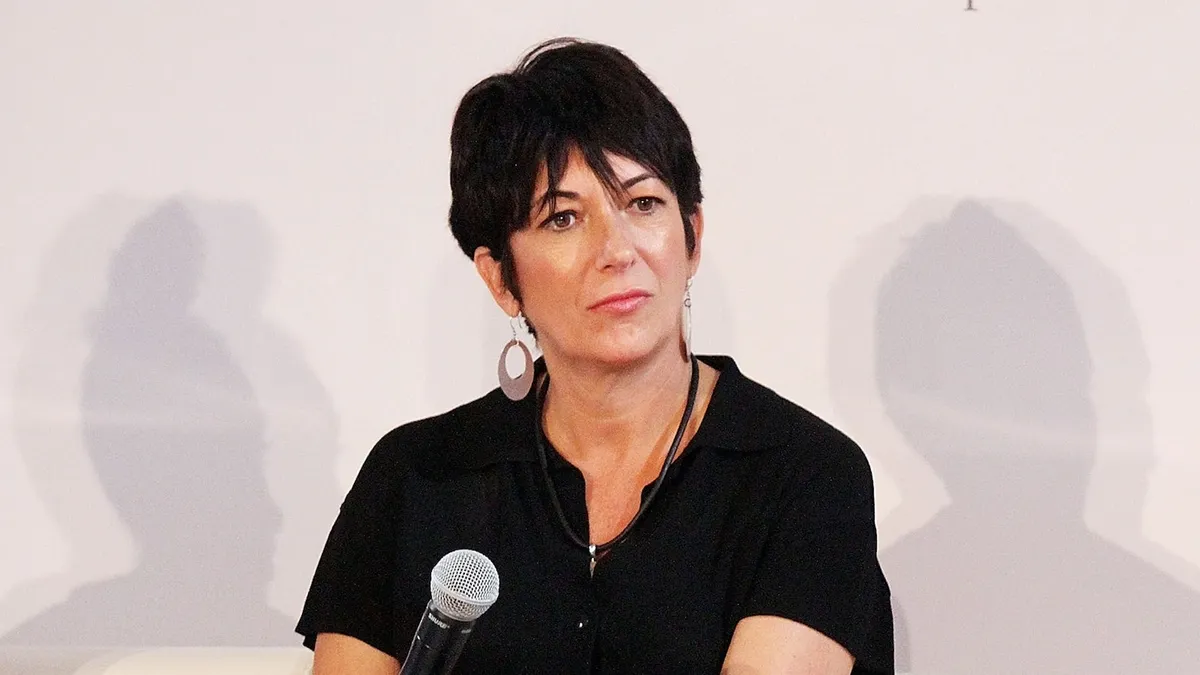
A federal judge in New York has recently denied the Trump administration's motion to unseal grand jury testimony related to the criminal case against Ghislaine Maxwell, a close associate of the late financier Jeffrey Epstein. This decision comes amid the administration’s ongoing efforts to release materials associated with the investigation into Epstein, who was a convicted sex offender and died by suicide in jail in 2019.
Ghislaine Maxwell is currently serving a 20-year prison sentence for her involvement in sex trafficking and other offenses connected to Epstein. The Trump administration's attempts to release additional documents follow significant backlash from its supporters, after it declared last month that no new files would be disclosed.
In a detailed 31-page opinion, U.S. District Judge Paul Engelmayer of the Southern District of New York criticized the Department of Justice (DOJ) for utilizing what he called “demonstrably false reasoning” to justify the release of grand jury testimony. Judge Engelmayer asserted that the transcripts would not unveil any new, consequential information regarding Epstein and Maxwell's crimes.
The judge emphasized that the Trump administration's premise—that Maxwell's grand jury materials would provide significant new insights into the crimes or the government's investigation—was fundamentally flawed. He stated, “There is no ‘there’ there,” indicating that the materials would not add any value to public knowledge of the case.
Judge Engelmayer noted that the transcripts contained information already available in the public domain and lacked firsthand accounts of Epstein and Maxwell's crimes. The records did not identify any other individuals who had sexual contact with minors, mention any clients, or reveal new details regarding Epstein's death.
Engelmayer further suggested that the only rationale for releasing the records would be to expose the government’s public explanations as disingenuous. He argued that the motion's intention appeared less about transparency and more about creating an illusion of it, which could mislead the public.
This ruling marks the second instance where a judge has rejected the administration's attempts to unseal secret grand jury testimony concerning Epstein and Maxwell. Last month, U.S. District Judge Robin Rosenberg dismissed the DOJ's request to unseal testimony from an earlier federal investigation of Epstein that began in the mid-2000s. A third federal judge in New York is still deliberating on the request to unseal testimony from a subsequent investigation in 2019.
The government's recent push to unseal grand jury testimony followed criticism for its earlier decision to withhold further materials from investigations into Epstein and Maxwell, despite assurances of transparency. According to a three-page evidence list released by the DOJ, over 300 gigabytes of data were obtained during these investigations, including 40 computers, 26 storage drives, and more than 70 CDs.
This extensive collection of evidence also features approximately 60 physical items, including photographs, travel logs, and even cash. Notably, the unreleased evidence encompasses documents related to two islands owned by Epstein in the U.S. Virgin Islands—Little Saint James and Greater Saint James—which could potentially illuminate who visited these locations.
Epstein's death in 2019 while facing federal child sex trafficking charges has long fueled speculation about a possible client list of high-profile individuals. The Justice Department and FBI confirmed last month that they found no evidence of such a list, despite prior allegations from various figures regarding government concealment.
In their joint memo, the DOJ and FBI asserted that many of the records contained images of victims and child pornography. They emphasized that while efforts were made to provide the public with as much information as possible regarding Epstein, no further disclosures would be appropriate.
The decision to deny the unsealing of grand jury testimony reinforces ongoing concerns about transparency in high-profile cases like that of Epstein and Maxwell. As investigations continue, the public remains eager for clarity regarding the intricate web of connections surrounding these notorious figures.